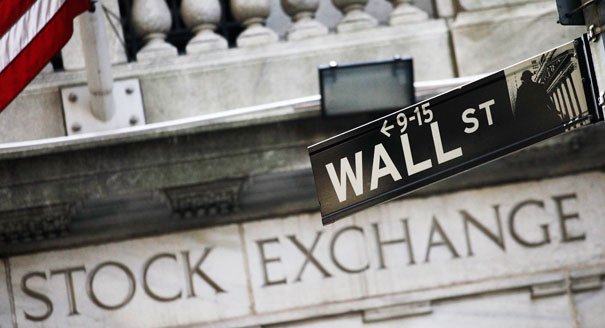
What is D&O Insurance?
Operating any business that involves board members, officers, or directors can mean that claims can be made against those employees. In addition, directors and officers insurance provides coverage to protect the personal assets of company members.
Claims may arise from business errors or decisions made by directors that impact the health or financial wellbeing of the company. In the case of any perceived wrongdoing, D&O insurance will protect the individual in question and cover the cost of a legal defence to fight the claim in court.
Mistakes can happen, and D&O insurance is purchased to protect company executives from the consequences of alleged ‘wrongful acts’. Many corporations and businesses will invest in director’s and officer’s insurance as part of their risk management program, and for corporate directors seeking employment, it can be expected that the company will provide this type of protection.
Not only does directors and officers insurance cover current employees of the company, but it will also shield against claims that are associated with past or future employees. In addition, D&O insurance operates on a ‘claims made’ basis, which essentially means that as long as a policy was in effect, or the claim was made during the agreed reporting period, the company and the individuals involved will be protected. (Read more here.)
Does D&O insurance cover negligence?
Directors and officers insurance will protect individual representatives of the company from negligence claims. However, there are many responsibilities for officers and directors of a company. Within the scope of duties, there may be problems caused by failing to fulfil responsibilities or by being negligent.
Wrongful or negligent acts covered by D&O insurance can include things such as:
- Breach of trust
- Breach of duty
- Neglect
- Mistakes or errors
While Director’s and Officer’s Insurance can protect individual directors, managers, and key leaders from liability, the company can still be liable for decisions and actions that are taken. Even with the protection of D&O insurance, any directors or officers who commit an unintentional wrongful act may still be found personally liable.
Claims can be brought from many different parties or by other organisations that have dealings with the business. This could include authorities like the HMRC or other legislative or regulatory bodies. While directors and officers insurance provide personal protection, it will not cover fines or financial penalties imposed by authorities.
Does D&O insurance cover breach of fiduciary duty?
Other protections provided by directors and officers insurance includes liability insurance against claims arising from a breach of fiduciary duty. Leaders and managers of a business have an obligation to act in the best interests of the company and its investors or shareholders, and failure to do so can result in claims.
Trust and confidence are placed in the directors and officers of the company, and they have an obligation to make decisions and take appropriate actions when making company decisions. Failure to act responsibly, be loyal, or breaching the trust of the company in question can mean that the director could be exposed to legal action.
Investors or shareholders of the company may bring a claim against directors for personal losses if they believe that the actions of the director were to blame. For example, misappropriation of company funds, stealing company clients, or working for the competition are all examples of a breach of fiduciary duty.
Is D&O insurance compulsory?
Even with all the potential claims that can be brought against company directors for mismanagement and other issues, it may be surprising to learn that D&O insurance is not required by law. However, many companies deem it necessary for mitigating risk and protecting the company and its officers from financial and legal court proceedings.
Defending lawsuits can be expensive, and having insurance coverage in place can shield against expensive settlement payouts as well as protecting the personal assets of directors and officers.
Any company that operates with a board of directors will benefit from having D&O insurance in place. While it has been common for large global organisations and publicly traded companies to acquire directors and officers insurance, smaller companies and non-profit organisations are beginning to understand that it is a necessary coverage.
Who pays for D&O insurance?
Directors and officers insurance is obtained and paid for by a company to protect its key management staff. Even though the protection is to guard the personal assets of individuals, companies buy the insurance to shield them from mistakes and subsequent liability. Coverage does not extend to illegal, fraudulent or criminal acts, including bribery or acting for personal profit.
Companies paying claims on behalf of an individual director can be reimbursed under a D&O policy. However, appropriate limits will need to be determined to ensure adequate protection and sufficiently cover the cost of any claims that are brought.
Sources:
- https://www.nimblefins.co.uk/business-insurance/directors-officers-insurance
- https://www.saunders.co.uk/news/personal-liability-for-directors-in-legal-disputes-litigation-lawyers-london/
- https://www.franciswilksandjones.co.uk/smes-directors-shareholders/director-services/claims-by-liquidators-or-administrators-2


